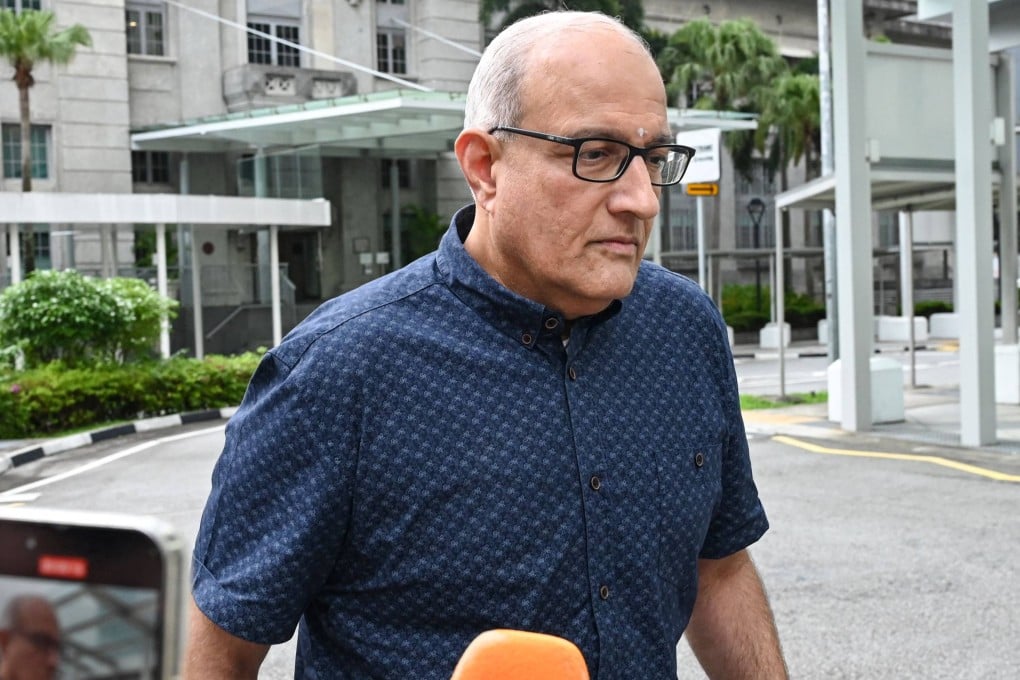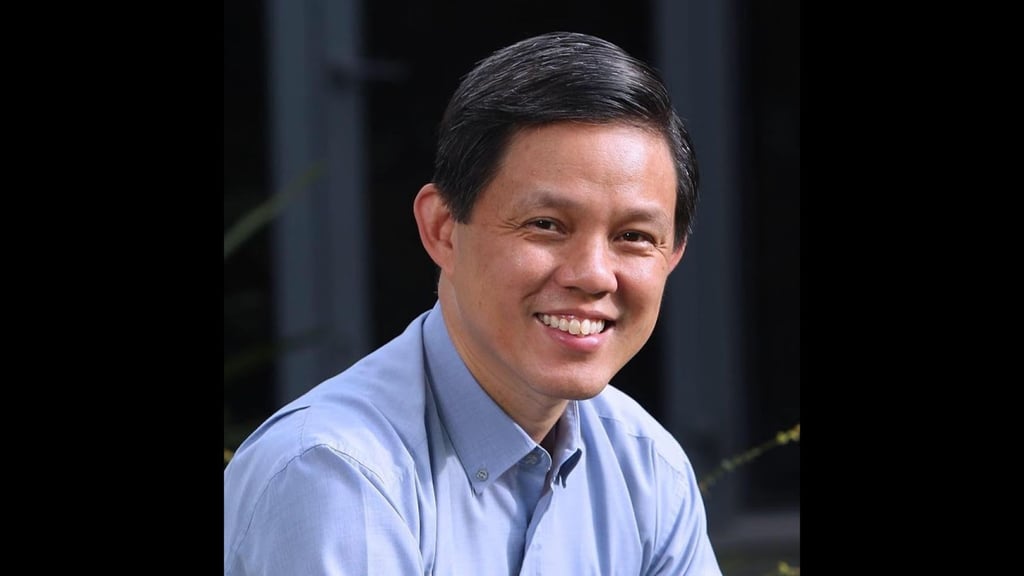Singapore’s Iswaran case a ‘wake-up call’, spotlights potential grey areas on gifts
Some members of the private sector who juggle public roles urge more clarity about the length and breadth of corruption rules in Singapore

The law under which Iswaran was convicted, Section 165 of the Penal Code, applies not only to public servants but also to individuals executing public duties on behalf of the government. It defines such people as “officer[s] in the service or pay of government, or remunerated by fees or commission for the performance of any public duty”.
Stefanie Yuen Thio, joint managing partner of TSMP Law and a member of a public service panel, is one such individual. “If you’re hired for a full-time public service job, you know the restrictions that apply to you,” she told This Week in Asia. “But if you’re a private sector person giving up time to take on public service appointments, there may be more grey areas.”

On Monday, Minister-in-charge of the Public Service Chan Chun Sing told parliament that to fall foul of the law, individuals must have accepted a valuable item for inadequate payment and done so knowing that the giver had been or was likely to be involved a business transaction connected to their official functions.
